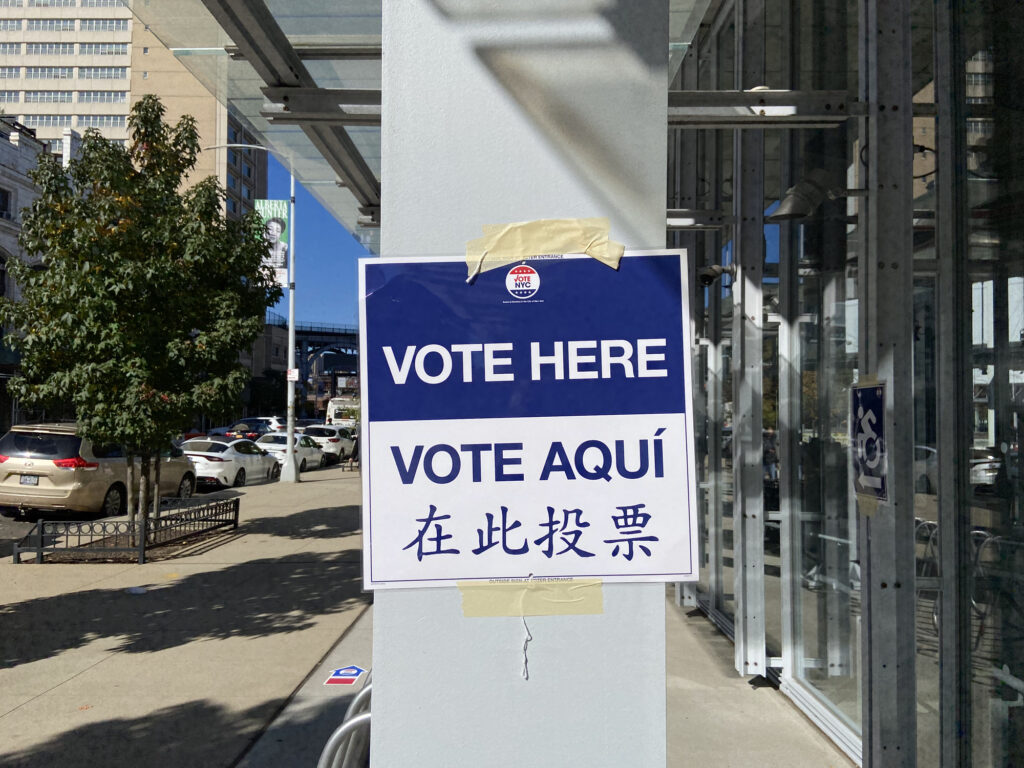2024 Revived the Question: Do Campaigns Still Matter?

Given the resources the Harris-Walz ticket had at its disposal in 2024, practitioners are once again grappling with an old question: can campaigns make a real difference on the ground or are electoral outcomes really dictated by environmental factors?
Rodell Mollineau, a co-founder and partner at ROKK Solutions, is among the strategists on the left who believe that VP Harris ran a “great race.” But notes she faced an uphill battle having to standup a presidential, more or less from scratch, in July of the election year.
“It just wasn’t enough to introduce herself to voters, gain their trust and put forward a vision that they were going to be happy about, that would make them turn away from Donald Trump,” he said Nov. 19 during a panel hosted by The George Washington University’s School of Media and Public Affairs in partnership with Campaigns & Elections.
Still, Mollineau noted that Harris’ problems started long before she was thrust to the top of the ticket following Joe Biden’s withdrawal from the race July 21. He pointed to inflation linked by economists to the American Rescue Plan Act of 2021 and President Biden’s decision to withdraw American troops from Afghanistan as two factors that influenced voters. “His [Biden] numbers just never recovered,” Mollineau said following the U.S. forces withdrawal in August 2021.
While those factors weighed on the Democratic ticket, the Biden-then-Harris campaign also made strategic mistakes, Mollineau said, pointing to its tight purse strings early in 2024.
“Money that you spend in February and March of an election year is, I think, more important that the money that you’re spending in October because that’s really where you’re getting these independents and voters that aren’t sure,” he said. “We lost voters, and we lost constituencies that we should not have lost and we need to really kind of step back and look in the mirror and find out why that happened.”
The Trump-Vance campaign, meanwhile, hit its primary strategic goal, according to Jim Hobart, a partner at Public Opinion Strategies.
“They really made a bet on low-propensity men, age 25-54. They really believed that Donald Trump had a unique appeal to those voters and he could turn them out and win them — and that would allow him to build a winning coalition. In a lot of ways, it worked. It helped him hold down Harris’ margins in the suburbs,” he said.
Hobart added: “I think that the campaign did matter.
“This was certainly the most professional campaign that Donald trump has run. … There was still some Trump-type moments, but it was the most professional.”
